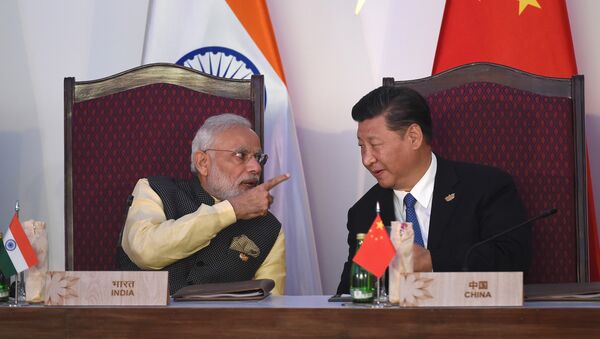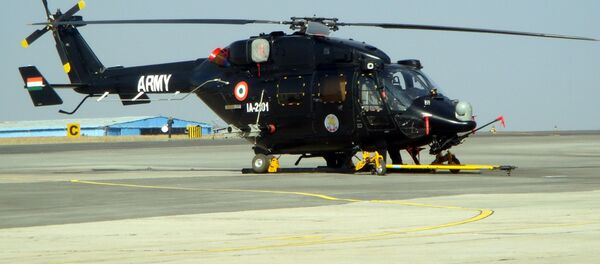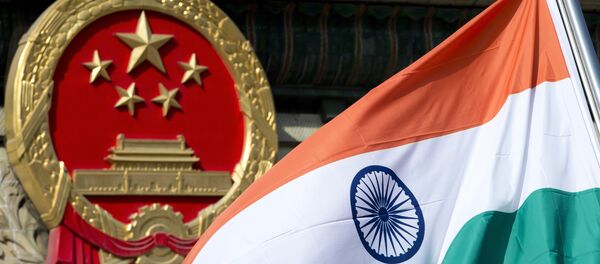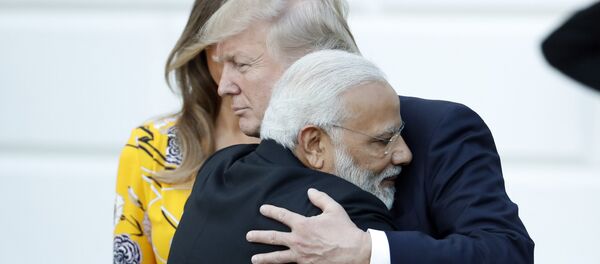By Tom McGregor, CCTV.com commentator and editor, based in Beijing
Chinese President Xi Jinping and Indian Prime Minister Narenda Modi stand tall as charismatic leaders who seek to lead their nations with patriotic sentiments.
Beijing and New Delhi see themselves as giants in Asia, but the nationalist self-confidence from both sides may ignite a heated rivalry in which bilateral relations could deteriorate.
Border Incursion
A flashpoint had ensued when Modi visited the White House on Monday. The Indian leader and US President Donald Trump had demonstrated unifying support for stronger India-US ties.
The two sides pledged to favor more economic cooperation and Washington agreed to sell a cache of weapons to New Delhi.
Although Modi said, “not a single bullet was fired,” Beijing’s response was threatening and ominous.
China’s state-owned newspaper, the People’s Daily, reported on China’s Foreign Ministry (FM) weekly press conference on Tuesday. The FM spokesperson Lu Kang demanded Indian troops depart from the country.
“The Indian side should take necessary measures to alleviate the tension caused by their border troops’ illegal entry and create conditions for their pilgrims travel to Xi Zang via the Nathu Lu Pass,” Kang said.
Misunderstanding or intentional crossing?
A majority of Indians are devout followers of Hinduism and are keen to participate in spiritual ceremonies, along with making pilgrimages to holy sites.
Nevertheless, the De Facto Border, known as ‘Line of Actual Control,’ remains in the middle of a military standoff. After Indian troops allegedly crossed the border, Chinese guards have refused to allow Indian pilgrims to enter China.
Apparently, New Delhi has shown no signs of backing down. The Quint, news Website reports that the chief of the Indian Army, General Bipin Rawat has arrived for a 2-day visit to Sikkim starting on Thursday.
He is expected to review military operations along the China-India border.
‘One Belt, One Road’ at risk
The recent border clash appears to be the latest signal that Sino-Indian ties are weakening. Many Indians have criticized China’s ‘One Belt, One Road’ (OBOR) initiative that Xi introduced in 2013.
Beijing hosted an OBOR Summit in May, inviting leaders to gather and to commemorate the initiative. Modi not only failed to attend but refused to sign the OBOR partnership agreement with China.
New Delhi is protesting OBOR on the grounds the China-Pakistan Economic Corridor has encroached into the Kashmir region, which is a disputed territory claimed both by the Indian and Pakistani governments.
Modi’s stance is intended to prove to Indian voters that he will not bow down to Beijing and sacrifice sovereignty over any parts of his country.
Seeking compromise
China and India have had a history of border incursions since 1967 when deadly clashes erupted. Yet in the past few decades, the incidents along the border did not result in serious violence or mayhem.
Therefore, Beijing cannot proclaim itself as an innocent victim. But in a border standoff, neither side wants to appear weak, so the two countries must find a peaceful manner and face-saving gesture to ease tensions.
A good solution would be for Indian soldiers to promise not to cross into China for the time being and for Beijing to allow Hindu pilgrims to visit Tibet so they can worship Shiva.
This sounds like a reasonable request for both sides to adhere too, well at least for the next few weeks and months ahead.
The views expressed in this article are solely those of the author and do not necessarily reflect the official position of Sputnik.






